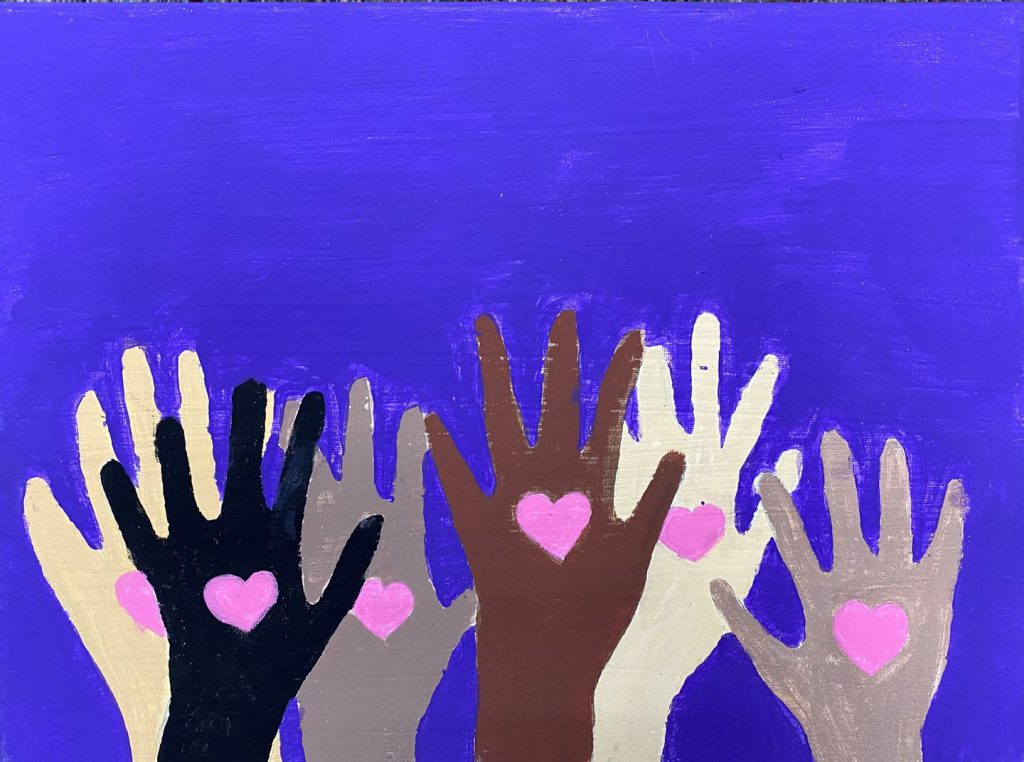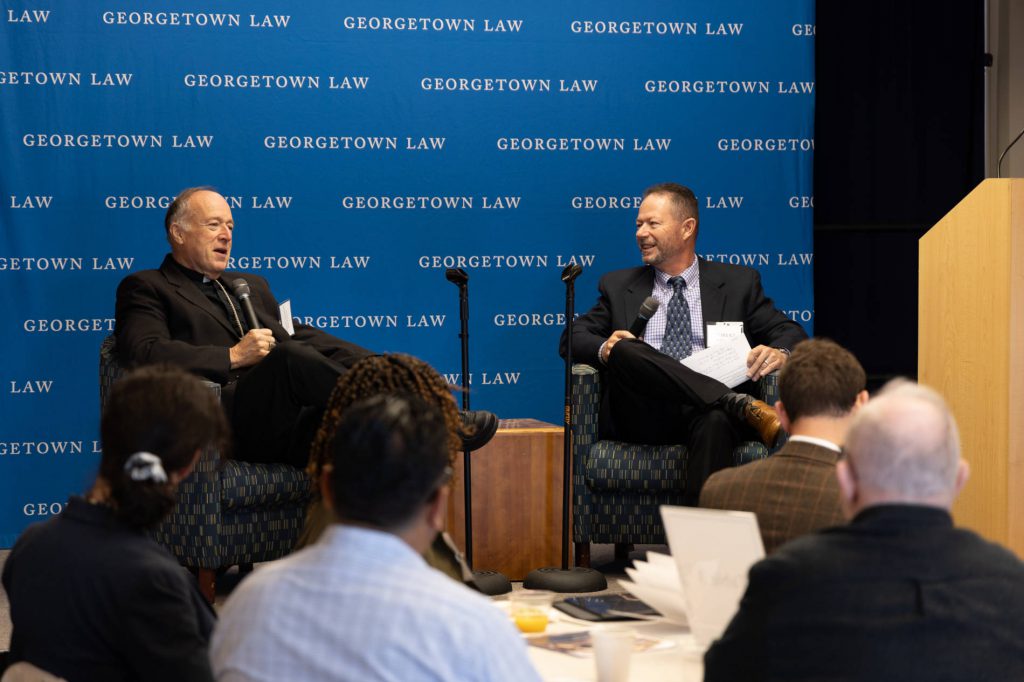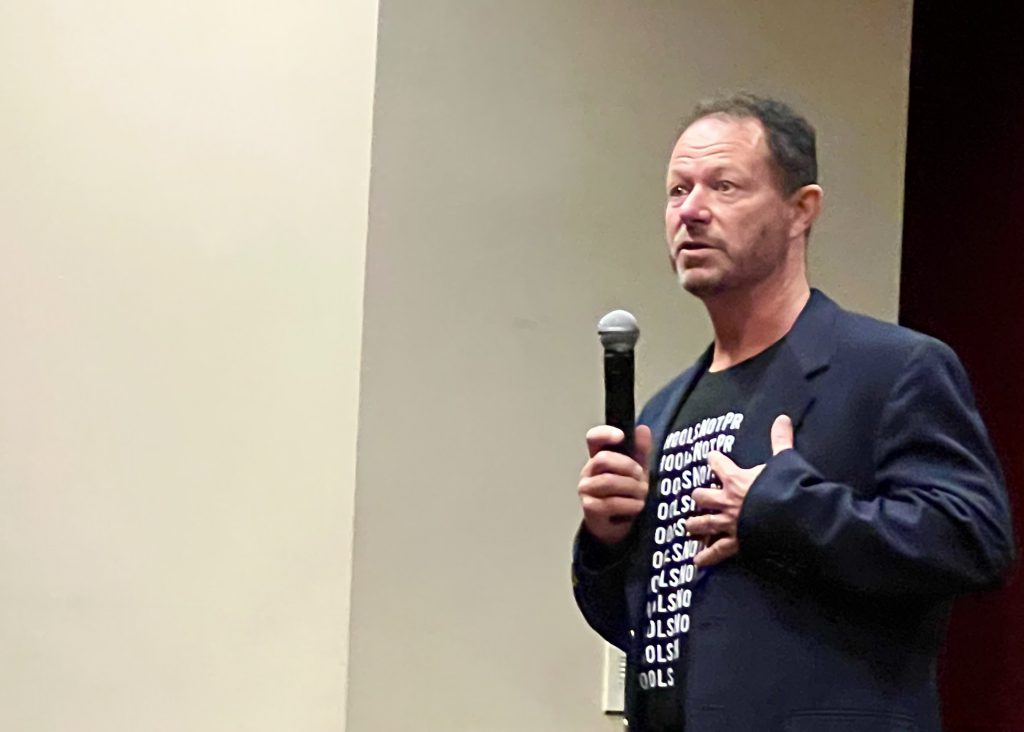SAN DIEGO — For 50 years, the Catholic Campaign for Human Development (CCHD) has been the U.S. bishops’ vehicle for addressing the root causes of poverty in the United States.
Funded by a national collection every November, the program awards grants to both Catholic and non-Catholic organizations whose work plays a role in reducing poverty and promotes empowerment.
Dr. Robert Ehnow, director of the diocesan Office for Life, Peace and Justice, said the Diocese of San Diego hasn’t been as involved with CCHD as it could have been over the years, but that is changing.
This summer, the Life, Peace and Justice Office hired an intern to assist Ehnow in identifying worthwhile local organizations, exploring their eligibility for CCHD grants, and offering them assistance with the grant application process.
CCHD offers three types of grants: Community Development Grants and Economic Development Grants, which range from $25,000-$75,000 annually, are awarded to community-based organizations; Strategic National Grants, involving more substantial amounts, are given to organizations that address systemic poverty at the state, regional or national levels.
Currently, two organizations in the Diocese of San Diego are receiving CCHD grants: Justice Overcoming Boundaries (JOB), a Hispanic community-organizing group, and the Restorative Justice Mediation Program, which provides crime victim-offender dialogue.
Ehnow would like to see more local organizations applying for and receiving these grants. While increasing the number of grantees does not directly benefit the diocese, he considers this outreach a worthwhile endeavor because of the benefits that these local organizations, supported by additional financial resources, will have on the local community.
For that reason, the diocese has begun taking a proactive approach.
Ehnow explained that his office has opted for personal outreach to these organizations rather than simply sending out an email with the necessary information during the application period.
“It’s an interesting approach that we’ve taken, but I think it’s the right approach,” he said.
Madelyn Bass, a 21-year-old senior at the University of San Diego, was the Life, Peace and Justice Office’s CCHD intern from May 22-Aug. 14. Working in the office 35-40 hours each week, she handled various administrative tasks, worked on a collaborative project with fellow CCHD interns in other dioceses, and accompanied Ehnow to meetings with several potential local grantees.
She said her internship included “a lot of listening, learning, educating myself on CCHD and Catholic social teaching,” so that, during visits to local organizations, she could speak knowledgeably about their mission and their eligibility for a CCHD grant.
Bass said the organizations she visited expressed “so much gratitude” and appreciated that the diocese was “coming to them with this … wonderful opportunity.”
“CCHD’s grants are so generous,” she added, “what organization wouldn’t want that kind of support?”
For Bass, whose internship was made possible through a CCHD grant to the Diocese of San Diego, her summer position with the Life, Peace and Justice Office was an eye-opening experience.
She came to recognize her own “preconceived biases,” as she noted how intimidated she was about visiting a post-detention re-entry program where formerly incarcerated men were employed. She has also been able to go beyond her “surface-level idea” of what the diocese does.
For most of her life, as a parishioner and a student at a Catholic university, the diocese has seemed like “a very distant thing,” she said.
But, being immersed in diocesan ministry this summer, she said, she has witnessed the Local Church’s good work firsthand.
“I was just so astonished and amazed at all the good work that is coming out of this,” she said, “and it really kind of opened my eyes to a potential career path in social ministry.”









